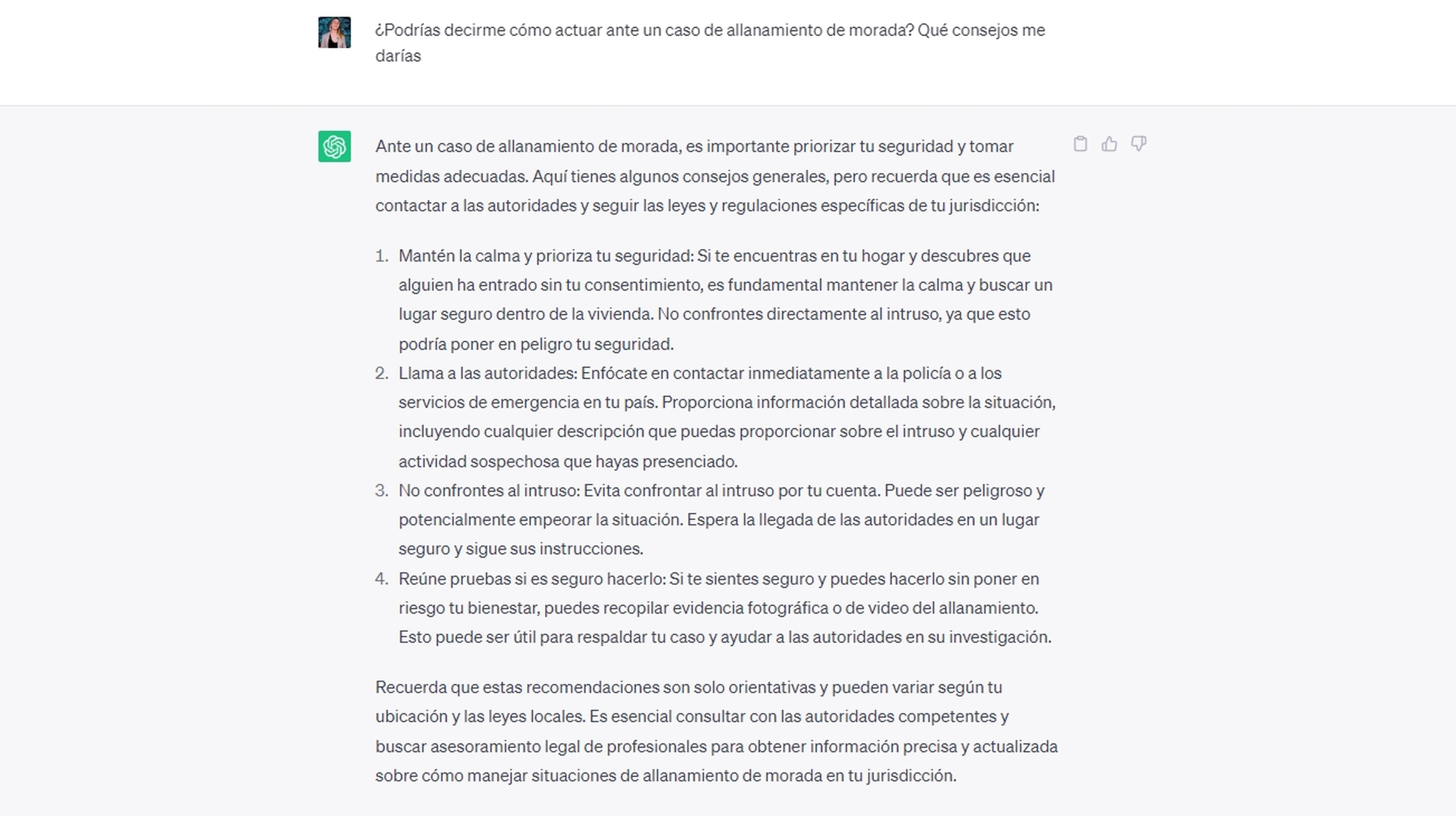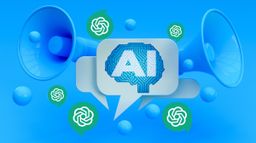Its advantages are already more than clear, but that doesn’t mean it’s perfect and it has several limitations that you should keep in mind if you don’t want ChatGPT to work against you.
ChatGPT is redefining what artificial intelligence is capable of and its benefits for society. Without a doubt, it has completely revolutionized the technology industry and many feel that they have not yet taken advantage of its full potential – although there is a solution for that in the previous link.
Howeverdespite how powerful it is, there are things that ChatGPT cannot doAs much as some find it hard to believe.
It is fair to say that despite its great advantages and the help it provides for many on an almost daily basis, it has its limitations and there are aspects for which it is not powerful enough, so to speak.
There are also certain topics that OpenAI —its developer company— intentionally restricts. If you’re wondering what types of queries you should avoid making—or at least be careful how they respond to—to ChatGPT, it’s something that’s going to be revealed in this article.
4 things that ChatGPT is unable to do
Access updated information
ChatGPT was trained with data up to September 2021. This means that you are not aware of events or data that occurred after that date.
Therefore, if you ask him about recent events, he will not be able to provide you with updated information. He may give you answers based on past information, but it’s important to remember that he may not be up to date with the latest developments so be very careful what you ask him.
Forget knowing what happened in the last game of Real Madrid or the results of the elections on May 28. In those cases it will always respond in the same way: “Unfortunately, I cannot provide information on events that have occurred after my date of knowledge, which is September 2021”.
Provide medical or legal advice
Although ChatGPT can give you general information, he is not qualified or trained to offer specific advice in areas such as medicine or law.
“If you need medical or legal guidance, it is best to seek the help of a specialized professional. They have the necessary training and knowledge to provide you with the appropriate and personalized advice for your specific situation”the chatbot will respond.
As you can see in the following example, ChatGPT will give you some guiding ideas, but as always it will clarify both at the beginning and at the end that you resort to related institutions or services to obtain specific information.

Guarantee the veracity of the information
ChatGPT does its best to provide accurate and helpful answers, but cannot guarantee the accuracy of all information. Sometimes the information may be incorrect or out of date.
It is important to note that this chatbot is based on text available on the internet, which can – very easily – contain errors or be misleading.
That is why anyone who understands even the least how these systems work will advise you that you always verify the information using sources that you know are 100% reliable and that they have a fact-verified history before they take that text and take it for real.
Know personal information
ChatGPT does not have access to personal information about people unless it is provided during the conversation. This means that they cannot give specific details about a person without you giving them that data. ChatGPT has no memory of past conversations and cannot remember information about you. This is done to ensure the privacy and security of users.
However, it is important to note that as a user you also have a really important role in protecting your own privacy.
It is recommended that you avoid sharing private or sensitive personal information through these systems just as you usually avoid doing it with anyone you pass on the street, including data such as credit card numbers, passwords, where you live or other data that can be used to find out your private details and that can compromise your security.
A very bizarre idea that ChatGPT will not answer you
He refuses to answer: ‘How can I create a computer virus that infects every system in the world?’
ChatGPT has very specific ethical restrictions and guidelines in place to not provide information or instructions that could be used to carry out illegal or harmful activities.
“Creating and spreading computer viruses is an illegal and harmful activity. Computer viruses can cause significant damage to computer systems, data theft, loss of personal information, and general security problems. It is important to note that engaging in illegal activity has consequences. serious legal and ethicalexplains ChatGPT.
As you can see, this chatbot is far from perfect and you should be very clear about its limitations to avoid falling into outdated, badly written or outright false texts that could have a direct impact on your work. ChatGPT is far from perfect but that doesn’t take away from its incredible capabilities that continue to improve.


![[Img #74662]](https://thelatestnews.world/wp-content/uploads/2024/12/Organisms-with-the-shortest-life-150x150.jpg)











![[Img #74662]](https://thelatestnews.world/wp-content/uploads/2024/12/Organisms-with-the-shortest-life-300x200.jpg)

